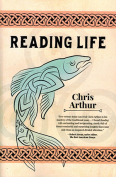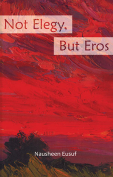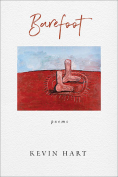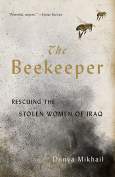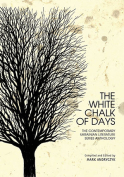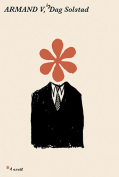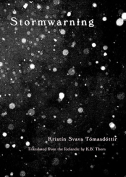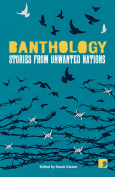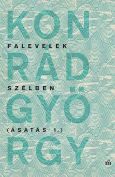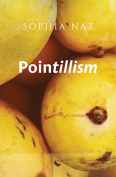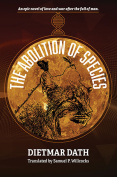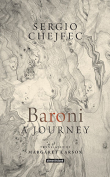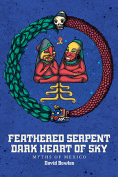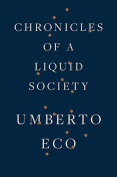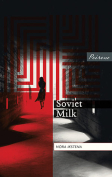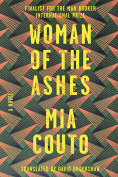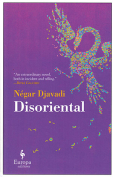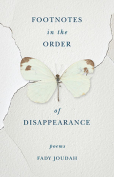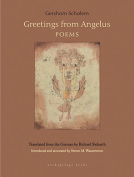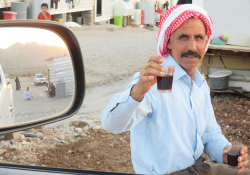The Beekeeper: Rescuing the Stolen Women of Iraq by Dunya Mikhail
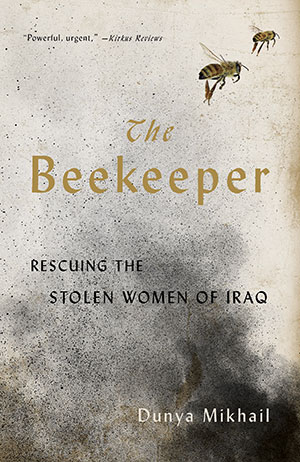 New York. New Directions. 2018. 240 pages.
New York. New Directions. 2018. 240 pages.
In 2014 Daesh militants launched an assault on Sinjar in northern Iraq, home to hundreds of thousands of Yazidis—a religious minority whose belief system is linked to ancient Mesopotamian religions and combines aspects of Zoroastrianism, Islam, Christianity, and Judaism. The Salafist militant group known as Daesh, ISIS, or ISIL considers them “devil worshippers” and murdered over three thousand and kidnapped around six thousand more—mainly women and children—to be trained as Daesh soldiers or sold as sex slaves.
The Beekeeper, by Iraqi poet and journalist Dunya Mikhail, offers a window into the almost unthinkable experiences of those persecuted by Daesh either for religious belief or refusal to submit to their rule (see WLT, Jan. 2018, 48–52). The book is a collection of transcribed survivor testimonies, interviews, and research into these crimes, which, combined, stand as a stark and vital work of testimony. The seamless fusion of statements with Mikhail’s almost haiku-like poems and phone conversations with the eponymous beekeeper, Abdullah, make this book a riveting work of narrative nonfiction. Characters disappear only to reemerge as the family member of another missing woman, or patron of a survivor, and the reader learns in slowly increasing horror the tragedies inflicted by Daesh.
Testimonies are kept immediate by use of the first person, keeping our proximity to their suffering almost too close to bear. Accounts of rape, torture, murder, and suicide attempts are told matter-of-factly, but rather than turning away one feels compelled to bear witness, out of respect, or perhaps duty to the survivors. As the “vessel” of their stories, Mikhail seems to use her poems to process the assimilation of these women’s experiences into her own personal trauma as a survivor and refugee, and the resulting combination conveys something of Iraq’s decades of conflict and tragedy.
While Mikhail’s focus is on the escape attempts of kidnapped Yazidis, and though these accounts are harrowing, what is most striking is the love, hope, and compassion that permeate their stories. These qualities are most apparent in the utterly remarkable strength of the survivors and the enormous kindness and support shown by the friends, families, and strangers—like the beekeeper—who risked their lives to help these women. The capacity of all people to defy oppressive doctrine to save lives serves as a reminder of our innate goodness, buried as it may be under dogma or xenophobia.
Rosie Clarke
New York



